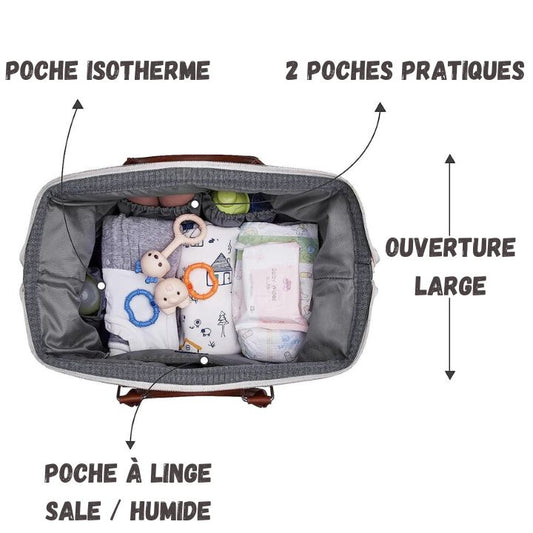Administering medications such as paracetamol and ibuprofen is often an automatic reflex in the face of fever . However, a wealth of scientific evidence suggests that reducing fever could potentially cause more harm than good. As we deal with the COVID-19 outbreak, these issues deserve our attention.
Fever is an evolutionary response that inhibits the replication of bacteria and viruses, observed in many species, including reptiles. The activity of our B cells, T cells, and immune modulators is enhanced at higher temperatures. It is therefore not surprising that studies have shown that treating fever can prolong or worsen the course of the disease.
When my own children were younger, I tended to give them Motrin or Doliprane at the first sign of fever. The children immediately felt better and resumed their normal activities, instead of resting while they were sick. I then wondered if these antipyretics could be harmful , by encouraging overwork in sick children. A plethora of scientific studies now suggests that these drugs have potentially negative side effects, both on a macroscopic and microscopic scale.
Many parents worry that a high fever could be dangerous or harmful to their children . To address this concern, it’s important to keep in mind that fever is a physiological response to illness. The hypothalamus raises body temperature to fight infections, but not indefinitely. This is in contrast to nonphysiological hyperthermia, where temperatures can reach dangerously high levels—think of a dehydrated football player wearing heavy equipment on a hot day.
When should antipyretics be given? If there is pain, dehydration, or difficulty sleeping, antipyretics are helpful. Children who are vulnerable to the increased metabolic demands of fever, such as those with asthma and rapid breathing, may also benefit from fever reducers. In the intensive care setting, studies have shown that antipyretics are helpful in treating patients with brain injury; they may also be indicated in septic shock.
However, for febrile children who are not in pain or at risk of dehydration, antipyretics are not recommended. This is also true for children with a history of febrile seizures. The evidence overwhelmingly shows that antipyretics have no effect on the recurrence of febrile seizures, a striking but benign condition.
In summary , fever is a natural response to infection that helps fight bacteria and viruses. When faced with COVID-19 or other infectious diseases, not treating fever may be the best option.
For more information on managing fever in children, see the Ministry of Health 's recommendations.























































